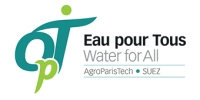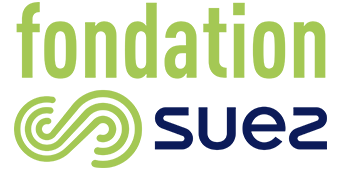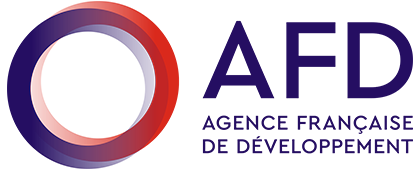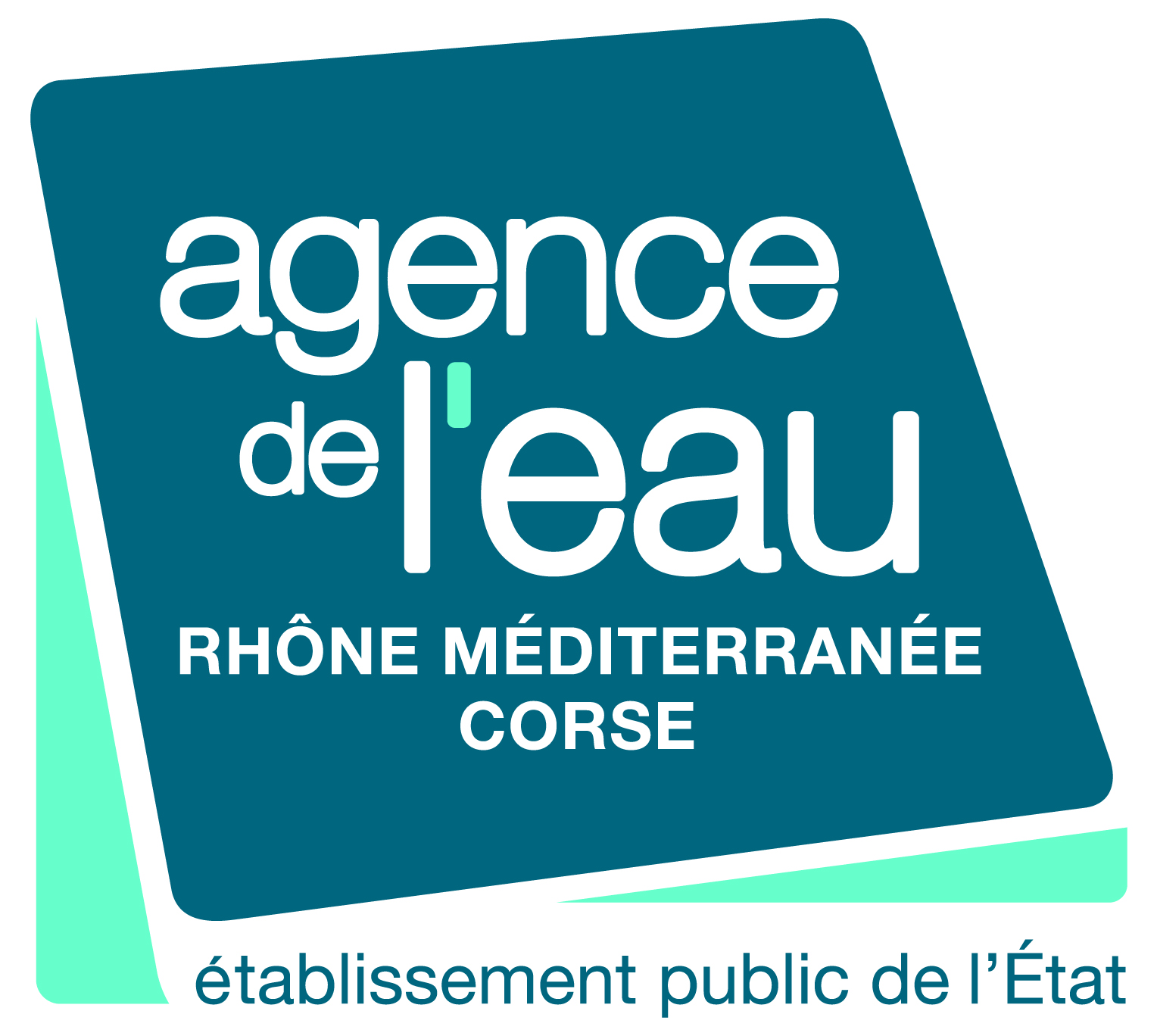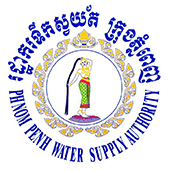Short Course in WATER strategic management – Immersion in Asia
Improve your managerial skills
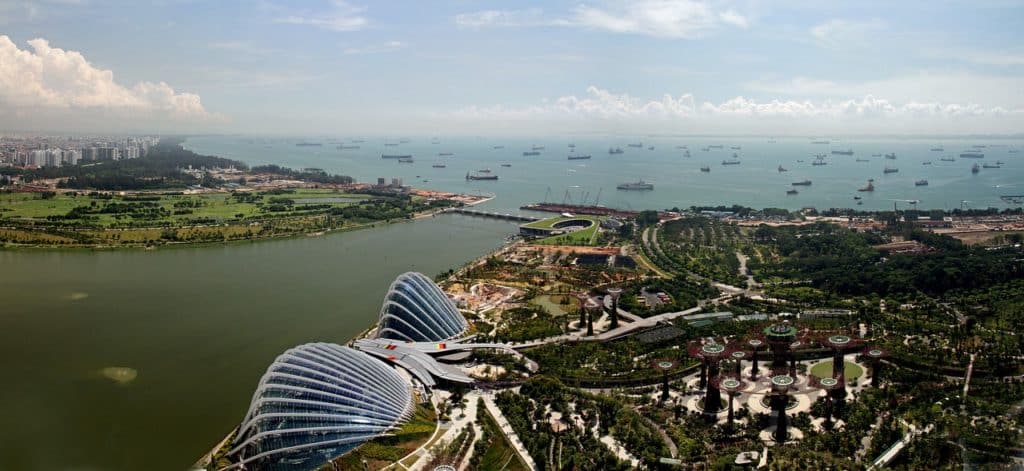
Presentation
The AgroParisTech – SUEZ Chair offers you an international course including
- An immersion in a renowned school – ESSEC Asia-Pacific in Singapore during 10 days (execluding week-ends)
- A 5 to 10 year management case study carried out at the heart of a large scale water and/or sanitation – Phnom Penh Water Supply Authority in Cambodia during 10 days (excluding week-ends)
This immersion requires a minimum of 3 months registration before the beginning of the immersion, i.e. July 2023. You will be asked to prepare the case study and participate in preliminary webconferences in order to be at the same academic and professional level as the MS OpT trainees.
For whom?
- Executive Directors
- Head of services
- Operational Directors
- Financial Directors
- Executive Officers
- Managers
- Engineers
- Project managers
Training benefits
This 20-day international course will train you in strategic management and its associated tools within a pedagogical strategy.
You will be able to share your professional experience with our managers from different English-speaking African countries.
You will learn to master the essential notions of leading change, water strategy, geopolitics, geoeconomy and geostrategy, innovations and transformations in utilities and finances.
You will acquire diagnostic, communication, support, training and management tools for your change projects.
You will analyze and be able to anticipate the economy of your service in order to best manage the challenges you will face as well as the future ones.
 Leading change, transformations and sustainable development
Leading change, transformations and sustainable development
![]() Innovation and geopolitics
Innovation and geopolitics
![]()
Field surveys and analyses, especially in low-income neighbourhoods
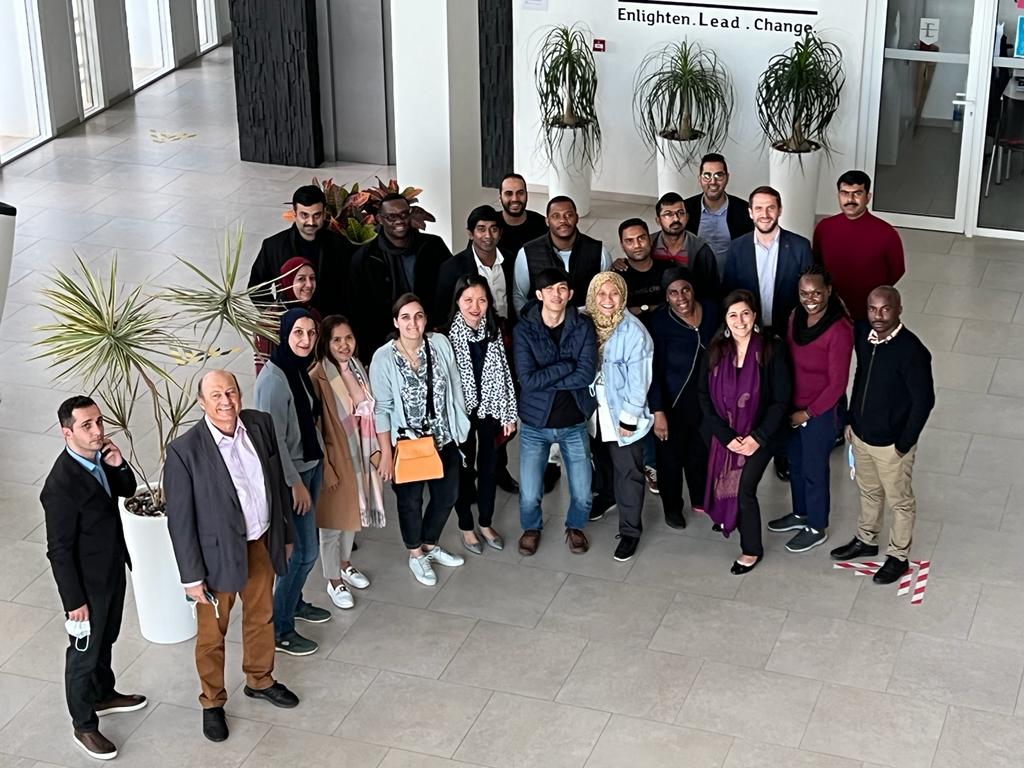
Formation
The International Immersion is based on these pedagogical pillars
▪ Analyze the case study on water or sanitation service in detail and identify the key factors for its success.
▪ Strengthen managerial and operational skills
▪ Meetings and exchanges with local experts on their field experience
The international immersion “Asia” is an operational strategy course and lasts 20 days (excluding week-ends).
The objective is to confront the participant with the reality of an operator in charge of managing an urban drinking water and/or sanitation service, to strengthen its operational skills and to enable him to identify the key factors that will change the company towards better performance. The 20 days of the track are divided into two parts:
- Immersion in a renowned school for skills building (10 days)
- Immersion in water and/or sanitation services: K-OPT study (10 days)
Cross-cutting learning modules
- Leading in a global multi-cultural environment
- Business models innovation in a networked world
- Innovation stratgey
- Integrated water resource mamangement in Singapore
- Designing effective partnership
- PPP in Singapore
- Organisational culture
- Communicating water
- Embedding water policy
The K-OPT case study lasts 10 days and aims to analyze the past and recent situation of 5 thematics (institutional, technical, financial, commercial and human resource) of PPWSA (Phnom Penh), as well as to define a strategic action plan of the structure, to consolidate the performance of the company in the medium term (10 years). The participants play the role of the CEO of the company in question, who must make a set of decisions, analyze the situation and formulate action plans relating to the water sector.
1st period: from July to October 2023
- Preparation of the case study by compiling data from your water and/or sanitation company
- Attendance as scheduled at preliminary webconferences with MS OpT trainees
2nd period: November 6 to 17, 2023 in ESSEC Asia-Pacific in Singapore
Leading in a global multi-cultural environment – Professor Aarti .Ramaswami – 2 days
- Identify and learn how the workplace is influenced by cultural backgrounds
- Identify culture influences perceptions, norms, values, attitudes and behaviors of individuals and organizations at large.
- Through frameworks and insights, participants will explore and understand their own intercultural competencies as well.
Business models Innovation in a networked world – Jan Ondrus – 2 days
- Challenge the efficacy of the traditional, linear value chain and introduce the idea of business ecosystem orchestration and platform strategy.
- Learn how to create powerful platforms and nurture an inclusive ecosystem to discover new ways of interacting with the market while creating value for all stakeholders.
Innovation strategy – Xavier Pavie – 2 days
- Innovation can take many forms in the organization: management, strategic, technological, product or service, among others.
- Optimizing the flow of competencies, engaging employees in an ‘innovative culture’, and streamlining the innovation capabilities and processes within the organization and its
ecosystem are central to retaining the competitive agility and position of the company on the marketplace.
Lee Kuan Yew Schhol of Public Policy – 4 days
- Integrated water resource management in Singapore
- Visit to Marina Barrage – Public Utilities Board (PUB)
- Designing effective partnership + PPP in Singapore
- Visit to NeWater Vistor Centre
- Organisational culture
- Communicating water
- Embedding water policy
3rd period: November 20 to December 1st, 2023 – in Phnom Penh Water Supply Authority in Cambodia
The K-OPT case study lasts 10 days and aims to analyze the past and recent situation of 5 thematics (institutional, technical, financial, commercial and human resource) of PPWSA (Phnom Penh), as well as to define a strategic action plan of the structure, to consolidate the performance of the company in the medium term (10 years). The participants play the role of the CEO of the company in question, who must make a set of decisions, analyze the situation and formulate action plans relating to the water sector.
Primary pedagogical objectives:
a-To understand the experience of a water and sanitation service by discovering the
sociotechnical, socio-political, and financial trajectory (dynamics of stakeholders, technical
choices, constraints, change of tariff…)
1. Identify key points (human and non-human) for water management and sanitation
during 2000-2010 and 2010-2020
2. Design a complete diagnosis of the water and sanitation service
3. Identify the key measures and internal and external changes that have been taken
over this period.
b-Contrast the current situation with the past situation on the different themes.
1. Apprehend the dynamics of society’s retrospective in its environment, its past
evolution, its strengths, and weaknesses in relation to the main stakeholders.
2. Determine the common and opposing points of the two situations.
3. Identify the methods and the decisions made to understand the current situation of
the service.
c-Project several scenarios for 2030 in order to anticipate and apprehend uncertainties to
achieve and improve the results of the service
1. Identify key questions for the future
2. Define the target situation by 2030
3. Propose strategic directions and actions based on the company’s skills based on the
scenario’s evolution in its environment.
Secondary pedagogical objectives:
▪ Reinforce knowledge of the issues of a water management service.
▪ Mastering the management tools learned in previous courses
▪ Develop decision-making skills;
▪ Mobilizing skills of OpT training program.
Agenda:
The K-OPT case study is conducted on 3 temporal focal lengths:
1. Past 2000-2010;
2. Recent past 2010-2020;
3. Future 2020-2030;
Each focal length is treated according to three levels:
1. Within the company;
2. Outside (a stakeholder who has an influence in the company in the field of water and
sanitation);
3. Various hazards (environment: COVID, innovation, economics, politics…).
Each level is interpreted with the 5 dimensions/axis mentioned above, which allows the construction
of working groups accordingly:
1. Technic
2. Institutional – Governance – Legal
3. Commercial
4. Human Resource
5. Financial

Aarti RAMASWAMI – Executive Vice President & Dean of Pre-experience programs – ESSEC Asia-Pacific

Jan ONDRUS – Associate professor – ESSEC Asia-Pacific
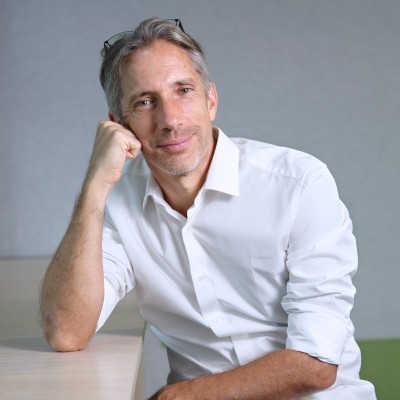
Xavier PAVIE – Professor – ESSEC Paris
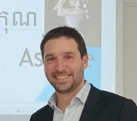
Tristan Laurent MOREL – SETEC Organisation
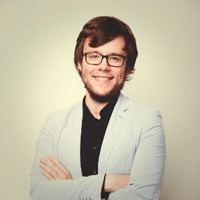
Antoine WALTER – +GF+
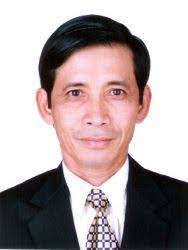
Mr LONG Naro – DG of Phnom Penh Water Supply Authority
Accommodation
to be advised
